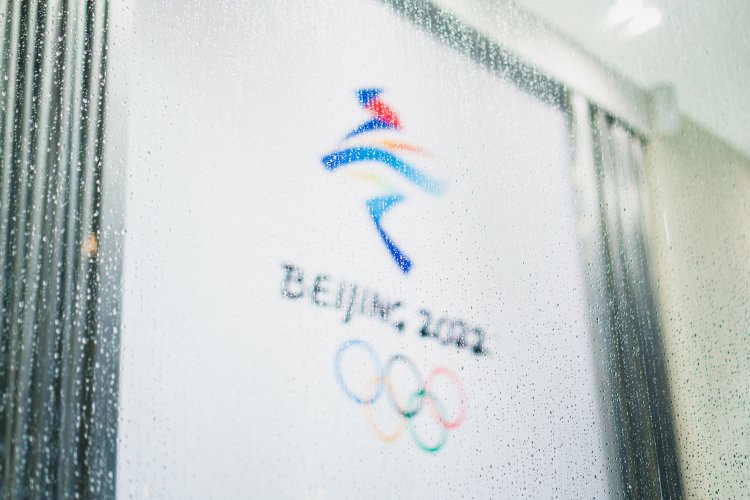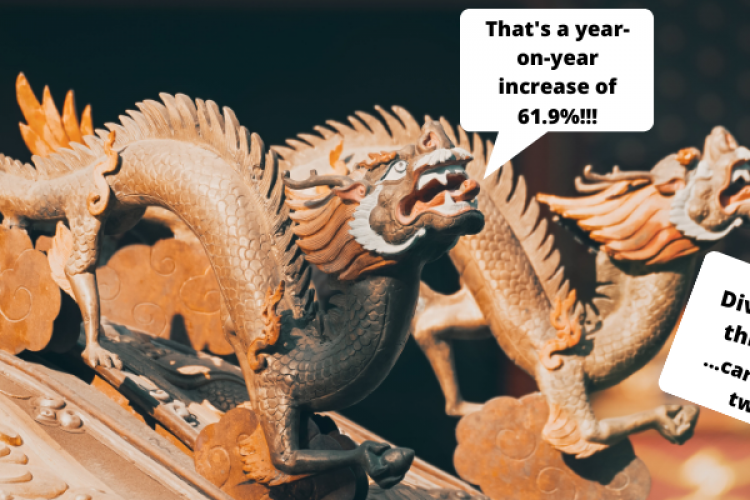Heavy Medals: Just How Many Will China Win?
The pressure's on for Team China at the 2012 Games. Thanks to their outstanding performance four years ago, when China won 15 more gold medals than the nearest competitor (the US), everybody's wondering if they can top the tables again. Understandably, Chinese sports officials have been working overtime to lower expectations.
Xiao Tan, a deputy chef de mission for the Chinese, recently said: "I hate to predict how many gold medals we are going to claim. I did it in the past but every time it turned out to be wrong. I don't want myself to be labeled as 'crow mouth' just like the famous soccer player Pele."
Fair enough. Who wants to be called a crow mouth?
As it turns out, there are many people who have no such qualms. Medal-forecasting has practically become a sport in its own right, with everybody jealously guarding their own secret methods.
Here are the most frequently cited predictions for the total medal count:
And here are the forecasts for the gold medals:
So what do they all mean?
Essentially, there are two schools of thought when it comes to medal predicting. Some prefer econometric models that rely on abstract factors such as GDP, sports investment, home turf advantage, etc.
- Dan Johnson of Colorado College
Prediction model based on: income per capita, population, host nation effect, "nation-specific cultural effect" - Tuck School of Business at Dartmouth
Prediction model based on: measures of available resources, population and per capita income, as well as the share of medals in the most recent Summer Olympics and a host effect. - PWC (PricewaterhouseCoopers)
Prediction model based on: population, GDP per capita, Soviet-bloc history, host nation advantage - GS (Goldman Sachs)
Prediction model based on: a proprietary statistic called the GES (Growth Environment Score), highly correlated with per capita income levels, that takes into account political conditions, macroeconomic stability, macroeconomic conditions, human capital, technology and the microeconomic environment. Also takes the host country effect into account. - RUB (Ruhr-Universität Bochum)
Prediction model based on: nation’s population, nation’s wealth, history of socialism, investment in sports, climate, how patriarchal the society is.
And then you have the folks who prefer to prognosticate based on the facts on the ground, such as ... which athlete won the most recent international competition in that event?
- Infostrada
Prediction model based on: an algorithm that monitors athletes' performances in each sport leading up to the Games - SI (Sports Illustrated)
Prediction model based on: combing through results of international competition (sport by sport)
Predictions (gold/silver/bronze) for every single event, based on predictions in each event - Sportsmyriad.com
Prediction model based on: combing through results of international competition (sport by sport) of the past four years (especially the last two). - WSJ (Wall Street Journal)
Prediction model based on: recent performance, interviews with experts and other factors
Admittedly, for those of us who aren't economists, all these numbers may look pretty dry right now.
But in two weeks' time, it will be very interesting to see which of these forecasts matches up most closely with the final tally. Will the ultimate winner be an econometric analysis or an athlete-by-athlete analysis? May the best prediction model win!
Photo: RT.com
Correction: The original version of this article stated that during the 2008 Beijing Games, China won 10 more medals overall than the US. This was an error. In fact, it was the US which led the overall medal count with 110, with China following at 100. Thanks to the sharp-eyed reader who spotted our error.
Related stories :
Comments
New comments are displayed first.Comments
![]() ignatius
Submitted by Guest on Sat, 07/28/2012 - 12:00 Permalink
ignatius
Submitted by Guest on Sat, 07/28/2012 - 12:00 Permalink
Re: Heavy Medals: Just How Many Will China Win?
The US won 10 more overall medals than China in 2008.
Validate your mobile phone number to post comments.




